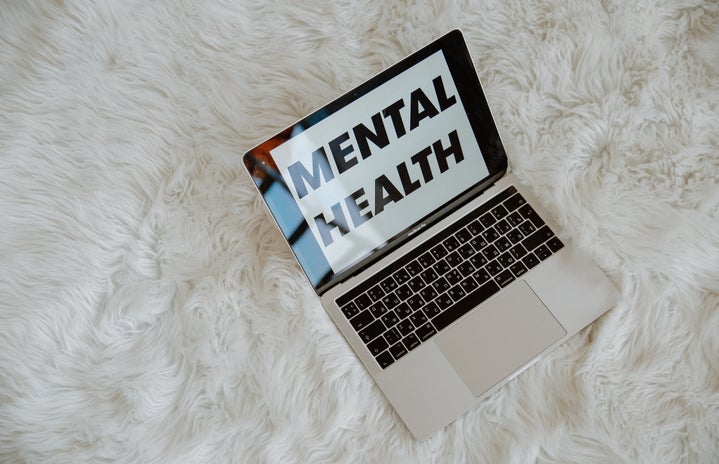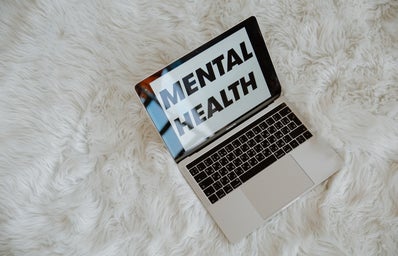Sustainable self-care goes farther than lighting a candle, watching Netflix and applying a face mask. I used to think that taking care of myself equaled to just that, and I was so freaking wrong that it kinda hurts. No amount of pore cleansing clay will erase feelings of anxiety depression and inadequacy or bring a sense of self. Mental well-being hinges on more than enjoyable activities — fun, probably wouldn’t be the word I’d pick for self-care. Necessary and difficult at times is more how I’d describe self-care.
There are varying degrees of self-care, and it’s important to remember that one method doesn’t fit all; self-care should be a mixture of strategies of varying degrees. The term “self-care” has been dumbed down into actions associated with beauty and bite-size concepts like establishing a workout routine. It’s not your fault. This cycle of surface-level acts of self-care is one that has been going around for ages; that doesn’t mean we can’t break it. It’s easy and nice and comfortable to seek solutions for maintaining mental well-being in physical items and actions, but it doesn’t get anyone very far because people have so much more depth than their skincare and comfort movie, and so does self-care.
Some of the strategies that are marketed as self-care can easily turn into distractions that turn your mind off on what you are actually going through; making them avoidance tools. Excessive spending isn’t stress relief. Exercising out of self-hate is not beneficial for mental health. Constantly helping others with their problems and ignoring your own is not kind to yourself. Watching television to drown out the silence is not going to make your feelings disappear. When my mental health was in a not so great place, I leaned on some of these distractions: putting others before myself and constantly absorbing content on TV or through my phone to ignore what I was experiencing mentally. Going to therapy shined a light on all the habits that I had labeled as self-care that were actually not effective and healthy for me at that moment in time.
Boundaries are an act of self-care. Going to therapy is an act of self-care. Allowing yourself to feel your feelings is self-care. Validating your experiences and emotions is self-care. Creating space for yourself is self-care. These can be exhausting and not easy to do, I know, but they are also some of the most rewarding and effective ways to look after yourself. Taking care of yourself is not linear, it’s a constant ebb and flow and dependent upon resources and circumstance. Sleeping 7-8 hours a night, eating, drinking water, taking a shower and talking to a friend is self-care. Some days that’s all you can do, and that’s okay.
Creating strategies that have substance to them and facing what you are going through is not easy. It took time and vulnerability for me to be able to coax out some of the root issues and patterns of behavior I had that led to my mental health battle. Always remember that you and your experiences are valid and that you are enough. If you are experiencing a mental health crisis please do not hesitate to seek help.
Resources:
Cook Counseling Center
2475 Oak Lane
Blacksburg, VA 24061
540-231-6557
RAFT Crisis Hotline
540-961-8400
NAMI HelpLine
1-800-950-NAMI (6264) or info@nami.org
Treatment Services Locator Website



